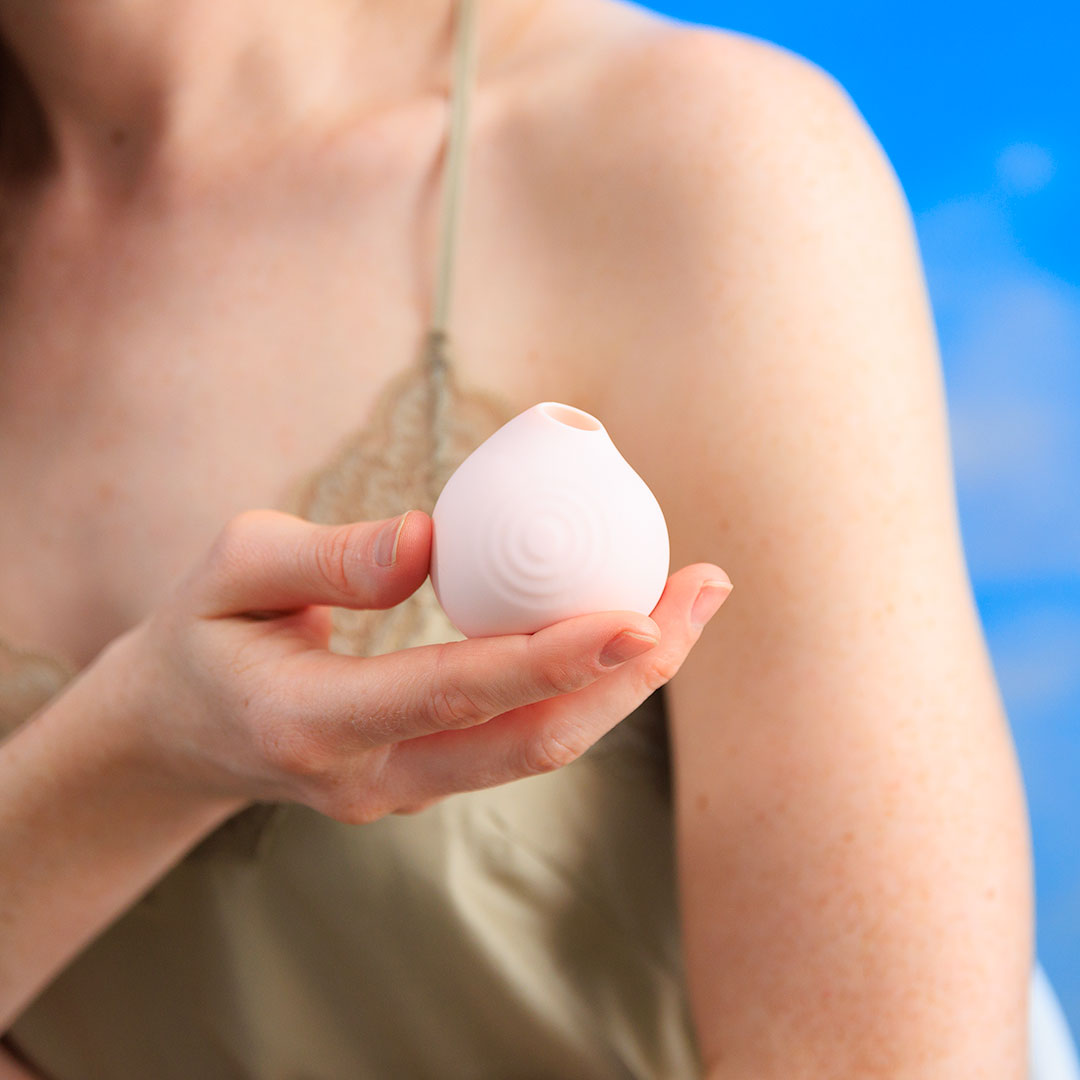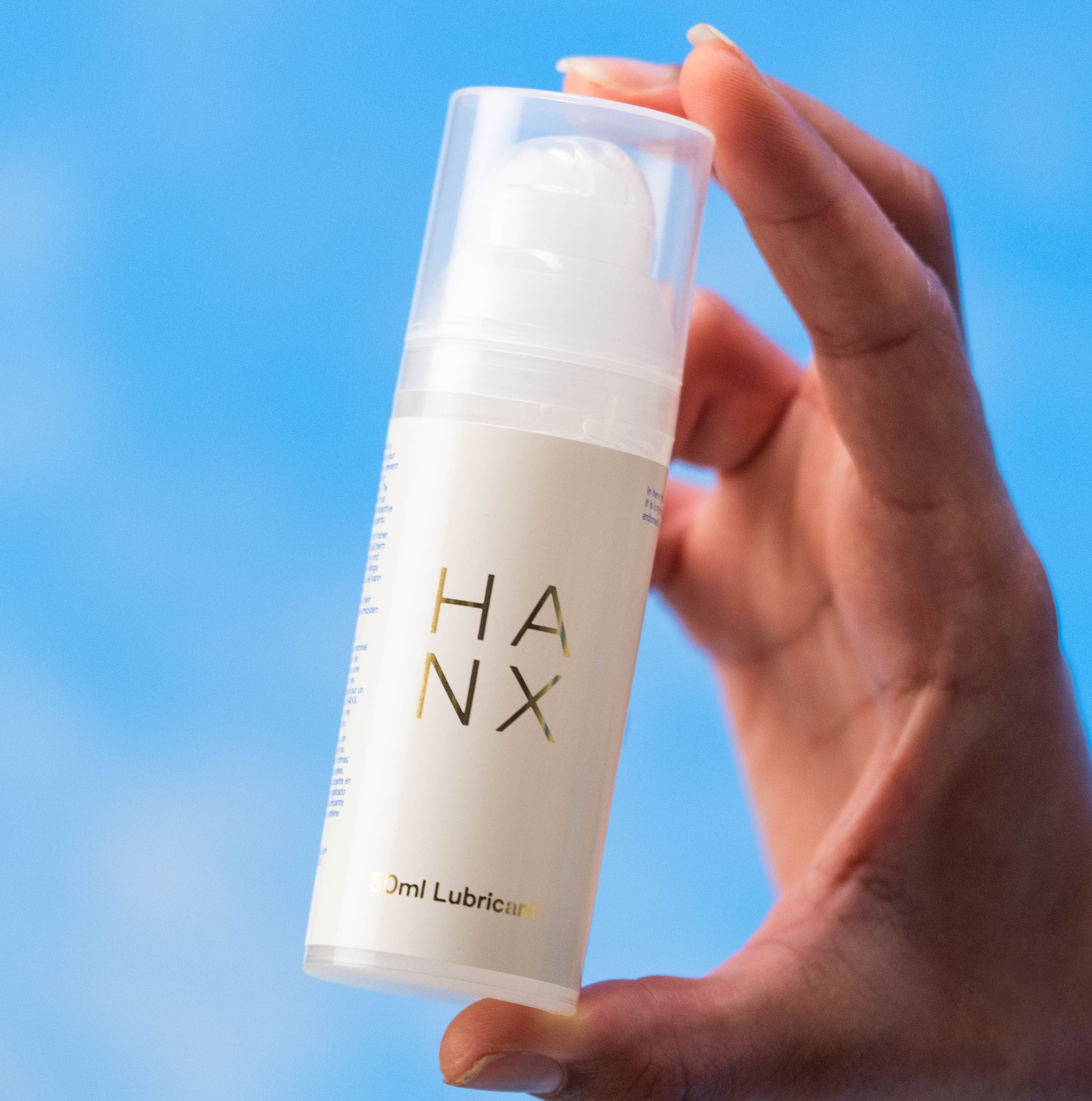Why Am I Getting Recurrent Thrush?
It’s itchy, it’s painful and it pops up more than a rejected Hinge date: why, it’s recurrent thrush! The scourge of group chats and ruiner of moods, recurrent thrush is firmly in our Burn Book but we have a few questions. Namely, what is it and how can we reduce our chances of getting it on the regular? Join HANX Co-Founder and gynaecology expert, Dr Sarah Welsh, for a deep dive into thrush that just keeps coming back...
What is recurrent thrush?
Ah, thrush: the fungal infection that causes the well-known and unwelcome itching and thick discharge often at the worst possible times. Catch up on the basics in our beginner's guide to thrush.
Most people with vaginas experience vaginal thrush at some point in their life - at least 3 out of 4 to be exact. However, some may suffer from repeated thrush infections, or their initial thrush infection does not clear up with treatment, and the symptoms remain for an extended period of time. This is known as recurrent thrush. Recurrent thrush is defined as an episode of thrush four or more times in a year. Not 👏 much 👏 fun.
For some people, there is a medical reason why they're more prone to thrush infection and some hormone treatments can affect your risk of repeated thrush episodes. However, many of us are just more prone to recurring episodes of thrush without a definitive cause.
What causes recurrent thrush?
It's usually thought to be caused by a host of factors or incomplete eradication of the yeast infection after the initial infection. However, some of us will have factors that predispose us to having recurrent thrush. These include:
- High blood sugar due to uncontrolled diabetes
- A poor immune system (this can be down to many possible reasons)
- Over use of products in the vagina, including perfumed soaps and douching. We can’t say this enough - down with douches! (That includes you, exes... 👋)
- Recent use of antibiotics – this can create an environment where fungal infections can grow.
It’s worth keeping in mind that there’s also some discussion around whether taking hormones such as hormone replacement therapy or the contraceptive pill, makes you more likely to develop recurrent thrush, but evidence is currently inconclusive.
How do I know I have recurrent thrush?
Symptoms of recurrent thrush are similar to those of regular vaginal thrush. The main ones include, itching or burning of the vulva, increased white thick (often referred to as ‘cottage cheese-like’) vaginal discharge, soreness during penetrative sex, and burning or soreness when you pass urine.
Some people find that symptoms can start or become worse during the middle of their menstrual cycle and they often find relief during menstruation.
If you’re unsure whether your symptoms are in fact thrush, then check in with your health professional for a review. It may be that you are suffering from another vaginal condition such as bacterial vaginosis, an STI, or a skin condition such as dermatitis or eczema. Basically, any doubts - see your doc!
Your doctor may recommend one of the below options:
- Use the standard anti-fungal treatments but for an extended period of time.
- Trial an alternative anti-fungal treatment.
- Continue treatments longer term, for up to six months, to help prevent thrush recurring.
The treatment can be using a combination of routes, including oral tablets, vaginal pessaries and topical creams. After the above treatments, occasionally some women unfortunately have a recurrence of their thrush. In these cases, the treatments may be repeated if necessary. If you develop thrush whilst taking treatment, you may have a fungal strain that is resistant to the treatment, and you will likely require an alternative medication to treat the thrush. It’s also important to manage any underlying health conditions that are contributing to the thrush, such as high blood sugars in uncontrolled diabetes or a weakened immune system.
How do I prevent recurrent thrush?
The main things you can do to help prevent thrush are the same as those to help prevent any episode of thrush. Avoid the following potential triggers:
- Washing the vulva with soap or shower gels (including those containing perfume and even antiseptics such as tea tree oil), intimate wipes and ‘feminine hygiene' products. ❌
- Cleaning the vulva and vagina more than once each day. 💧
- Washing underwear in biological washing powder and using fabric conditioners. 🌀
- Vaginal douching. 👀
- Wearing tight-fitting, synthetic underwear or gym gear. That Cher work-out video has a lot to answer for... ✨
Top tips you should embrace and share with pals include:
- Using a simple emollient to moisturise the genital area.
- Consider using probiotics (such as live yoghurts) orally or topically to relieve symptoms.
- Stay generally fit and healthy.
- Avoid a high sugar diet, and if you have diabetes talk with your specialist team to ensure health sugar levels.
- Support a strong and healthy immune system.
Can I have sex if I have vaginal thrush?
It's best to avoid vaginal penetrative sex until your thrush has cleared up, particularly if your skin is a little sore. Not only can it feel unpleasant, but be aware that some thrush treatment creams can damage condoms, which puts you at risk of STIs and/or unplanned pregnancy.
Want more?
- Order safe and effective Thrush treatment with same-day dispatch.
- Hot town, summer in the city. Find out how to avoid yeast infections in the summer.
- Can menopause cause thrush? Our in-house doctor explains it all...






















